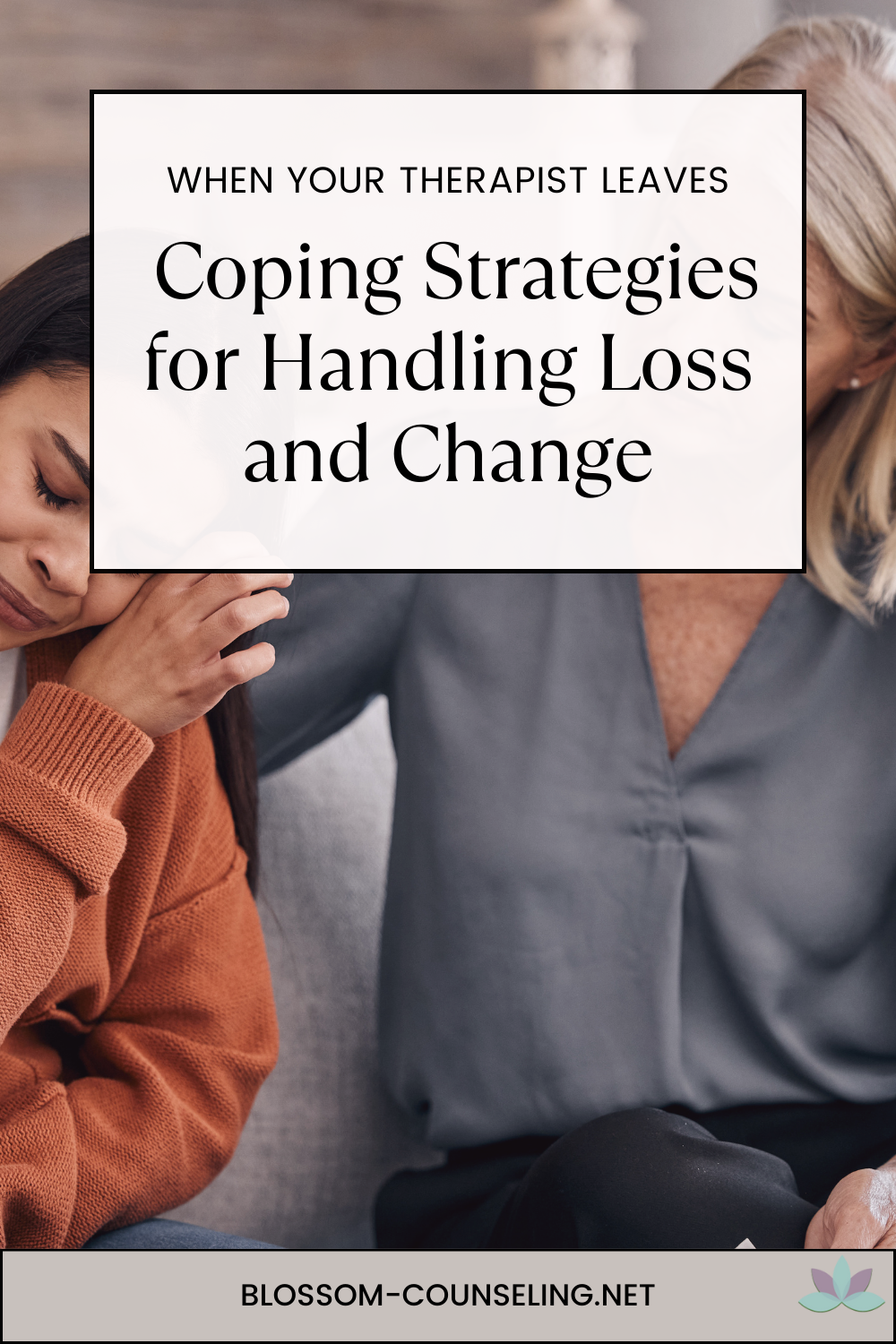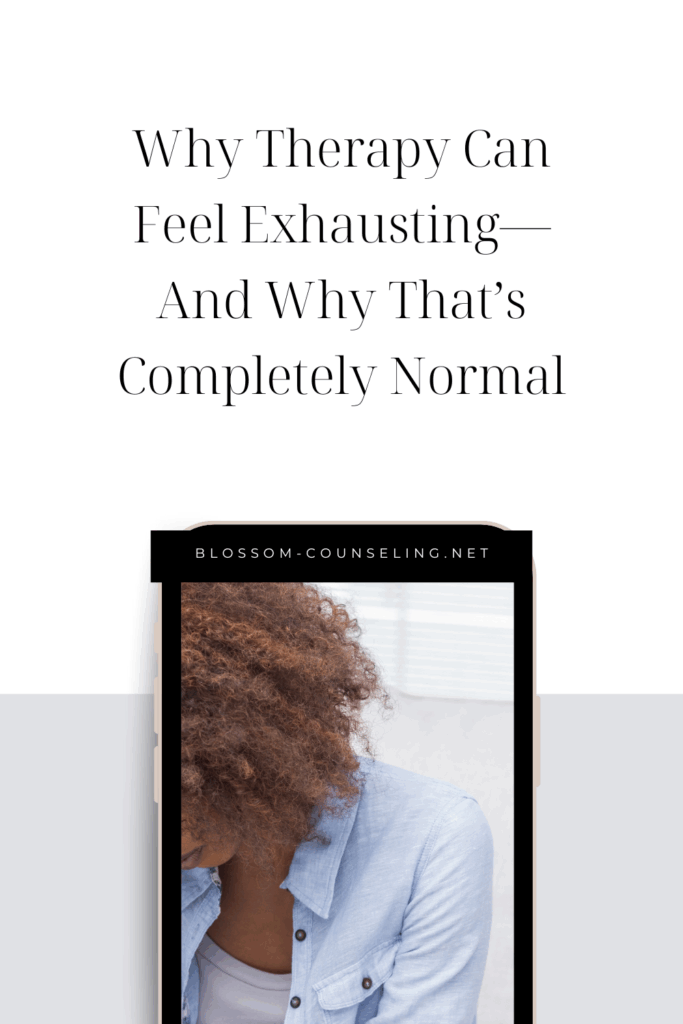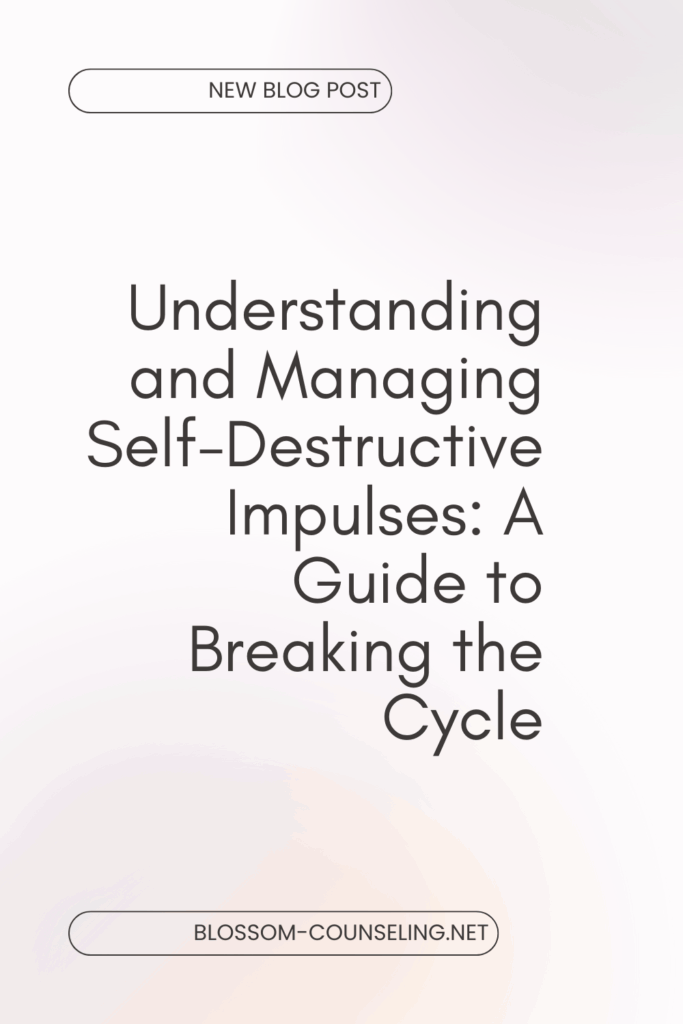
Change always sounds poetic in theory—“the only constant in life,” right? But when it’s your therapist leaving, it can feel anything but poetic. More like disorienting, disappointing, or even downright painful.
Therapy isn’t just showing up and venting; it’s about safety, trust, and connection. It’s often one of the few places where you’re fully seen. So when your therapist announces they’re moving, changing roles, or stepping away, it can feel like the rug’s been pulled out from under you. And yes, it’s okay to grieve that loss.
It’s Normal to Feel… A Lot
You might feel sadness, anxiety, anger, confusion—or all of the above. It’s not just the loss of a person, but of a relationship that has held a very specific and meaningful role in your life. Therapy is often where we process the other losses in life, so losing the therapist themselves? That can hit hard.
Whatever you're feeling is real, and it matters. Allow yourself to experience those emotions without judgment. There’s no “right” way to respond when a therapist leaves—only your way.
Look at How Far You’ve Come
Yes, this is a goodbye—but it’s also a reminder of your growth. You’ve done work in that therapy room. You’ve learned skills, gained insight, and probably grown in ways you didn’t expect. Those tools? They’re yours to keep. Your progress isn’t tied to one therapist—it lives in you.
Reframe the Transition
After the initial emotions settle, it can help to think of this as a new chapter. A different therapist means fresh perspectives, new techniques, and another safe space to continue the journey. Transitions can feel clunky at first, but they also bring potential.
Talk It Through Before They Go
Before your therapist leaves, talk about the transition openly. They can help you process what’s happening, offer guidance for what to expect next, and even refer you to someone new. Many therapists plan their exits carefully and want to make sure you're supported throughout the shift.
Lean on Other Support
Whether it’s a friend, a partner, or a mentor—talking to someone you trust can make all the difference. You don’t have to go through this alone. Explaining what therapy meant to you and what you’re feeling now can be part of your healing process.
Write It Out
Sometimes our brains need a place to put all the messy feelings. Journaling about your experience in therapy—what you learned, what still feels unresolved, what you're afraid of—can help organize your thoughts. It might even help you show up more grounded when you meet someone new.
This isn’t just an ending. It’s part of the ebb and flow of your healing. And while the person may change, your commitment to yourself doesn’t have to.
Your therapist may be leaving, but you’re not starting over from scratch. You’re starting again—stronger, wiser, and with a deeper understanding of what you need.
bloom. grow. blossom.
At Blossom, we don’t just provide therapy—we create a space where you feel understood and empowered. With flexible scheduling options, personalized care, and therapists who genuinely get it, your path to peace is just a few clicks away.
Ready to Feel Better? Let’s Talk!
Our team of compassionate therapists is here to help you find the support you need. We believe in a holistic approach, treating your mind, body, and spirit. With a blend of traditional and alternative therapies, we tailor your experience to meet your unique needs. At Blossom, we create a non-judgmental space where you can be your authentic self. Our goal is to empower you, amplify your strengths, and help you create lasting change. Together, we’ll navigate life’s challenges and help you bloom, grow, blossom! You deserve to become the best version of you.




